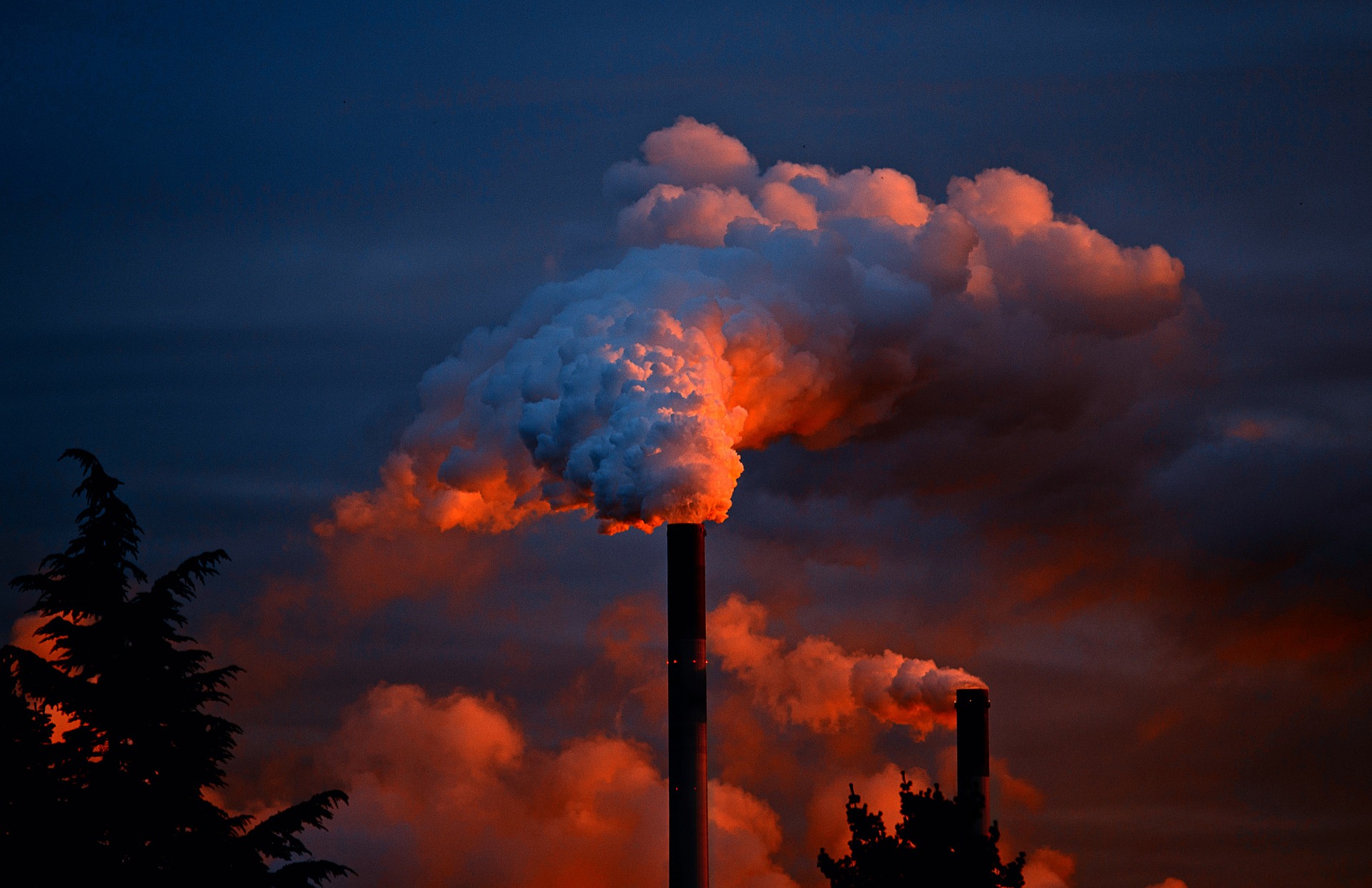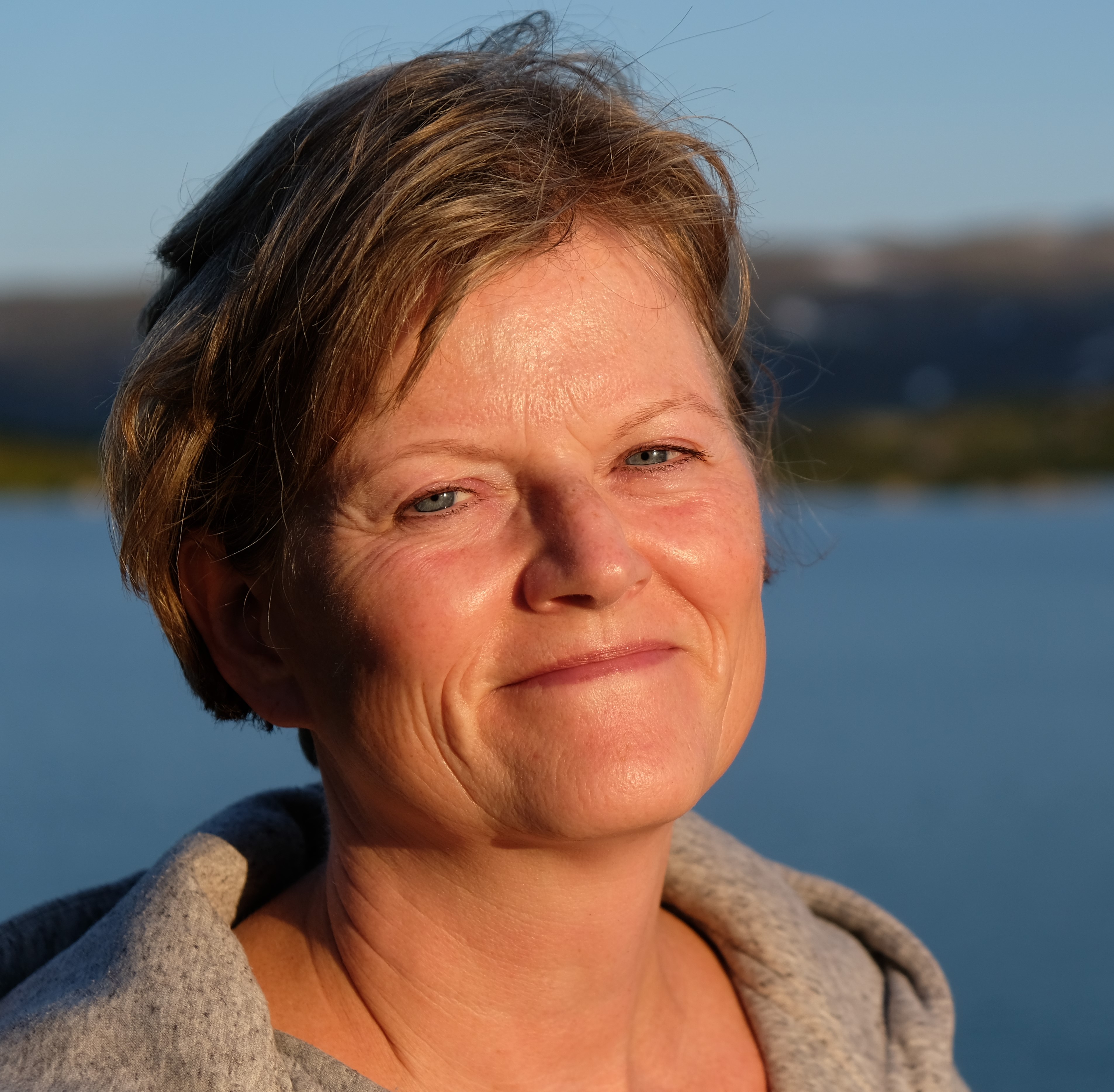Alumni Spotlight: Karine Nyborg

Earlier this June, Karine Nyborg wrote an op-ed in Aftenposten together with colleagues from the Department of Economics at the University of Oslo (UiO), including the project leader of the CAS project she participated in, Michael Hoel. They urged the government to take advantage of the opportunity the Corona emergency offers to implement environmental-friendly policies.
Nyborg also held an online lecture this month, arranged by The Norwegian Academy of Science and Letters, about the conflict between health and economy during the Corona crisis.
Many of our fellows stay at the Centre for only a couple of months. Karine Nyborg is one of them. She participated in the CAS project Environmental Economics: Policy Instruments, Technology Development, and International Cooperation back in 2005/06, and is our alumna of the month of June.
Why did you decide to join this CAS project?
This was a great chance to spend time in an international high-quality research environment. I already knew many of the researchers who would be joining the group, and expected this to be fun, interesting and intellectually stimulating – which it was. I was only able to join for two months, though, since at the time I was employed by a 100% externally funded research institute and had to keep track of my projects there.

Since then, countries have implemented a series of environmental policies. In what way has environmental economics changed since your time at CAS?
I think in fact many of the most important policy-relevant insights from environmental economics were already well-known among researchers at that time, such as the case for green taxes – but like researchers from many other fields, we have not always felt that policy makers have been listening to our advice. Since then, however, I believe environmental economists have become more concerned with institutions and political processes, as well as social and moral norms and limited rationality. Another really interesting topic where research activity has been taking off the last few years, and where I have lately become engaged myself, is supply-side climate policies: that is, policies limiting the production of fossil fuels as well as their consumption. In Norway, climate policies and petroleum policies have traditionally been discussed separately; this is now changing, not only in public debate but also among environmental economics researchers.
Earlier this month, you and colleagues from the Department of Economics at UiO wrote an op-ed where you advised against tax relief for the petroleum sector now during the Corona crisis. Some want us to go back to “as it were before Corona”, whilst others argue that the pandemic is an opportunity to make our society more sustainable.
Where do you see the world economy or the Norwegian economy go after the Corona crisis?
The Norwegian economy is currently highly dependent upon the petroleum sector. The Corona crisis, along with the price war on oil occurring at about the same time, could have provided an opportunity to change this and make our economy greener: limiting an environment-unfriendly but highly profitable activity is hard; when the activity becomes unprofitable enough to seek public support, change ought to be easier. At the moment it seems that Norwegian policy makers missed this opportunity. I am not sure what might have helped, but there seems to have been a lack of pre-existing, innovative, long-term policy plans and strategies for how to create green jobs and realizing a fair but greener economy. When the crisis hit and no ready-made plans seemed available, supporting the petroleum sector presumably appeared a safer way to prevent unemployment.
Back to your time at CAS – a long time ago. Can you tell us anything about what the fellowship has meant for your further career?
It was an excellent networking opportunity, which helped making me feel at home in the international environmental economics research community.
What is your best memory from your CAS year?
Having lunch outdoors in the beautiful garden under the huge trees, day after day, eating delicious sandwiches brought to us by the CAS staff, chatting away with people from the other research groups who told me about their own intriguing research projects and how they approached them, often quite differently from the ways I was used to from my field.
- This interview was first published in our monthly newsletter. Sign up here